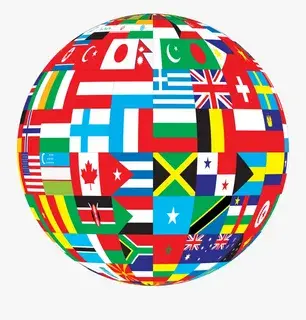Atrocities are Russia’s means of warfare. Since the beginning of its aggression against Ukraine in 2014, the Kremlin has weaponised actions that are internationally considered as crimes, including sexual violence. With the all-out invasion in 2022, Russia’s sexual violence has expanded in its prevalence and gravity. It makes for difficult reading, but the extent of documented crimes includes rapes; gang rapes; sexual slavery; beating and mutilation of genitalia; castration; threats of rape and forcing family members to witness abuse of their loved ones.
Sexual violence is common in war. But these are not only isolated battlefield incidents. Russia has allowed toxic gender hierarchies to become the norm within its borders, and allowed more brutal expressions to flourish on the frontlines of its war. This begins at the top, with President Putin demanding Ukraine’s fulfilment of the Minsk agreements with a joking reference to sexual coercion, saying “My beauty, it’s your duty”. His words won’t shock a country with an ingrained tolerance to violence against women and sexual and gender minorities. Russia has all but decriminalised domestic abuse. Its persecution of gay people has peaked in designating the LGBTQ+ movement as extremist. The same labelling for feminism and child-free movements is looming, as are the proposals to limit abortions.
. . .
Such sexual violence may officially constitute war crimes, crimes against humanity or gross human rights violations. It can also be part of genocidal acts or indicate Russia’s genocidal intent against Ukrainians as a national group. Valuable work has been done documenting these crimes so far, but in all armed conflicts, from Colombia to Bosnia, reporting and prosecution are often slow due to shame, social gendered stigmas and survivors’ other pressing healthcare or security needs. We must ensure holistic justice for Ukrainian sex crime survivors in order to set a new and better precedent. Several routes to such justice are available.


